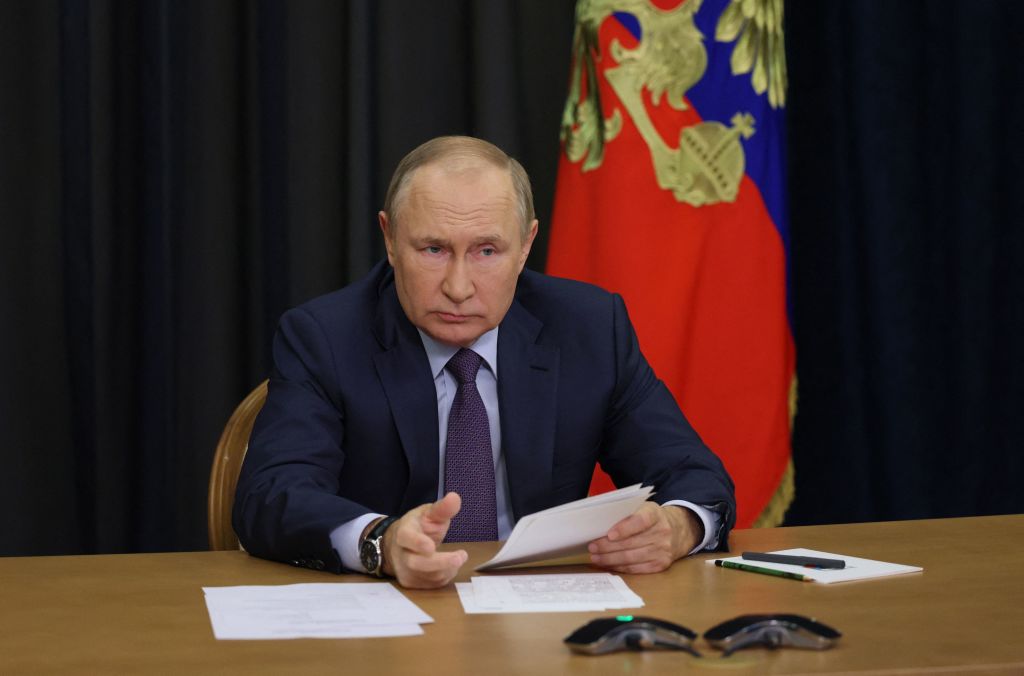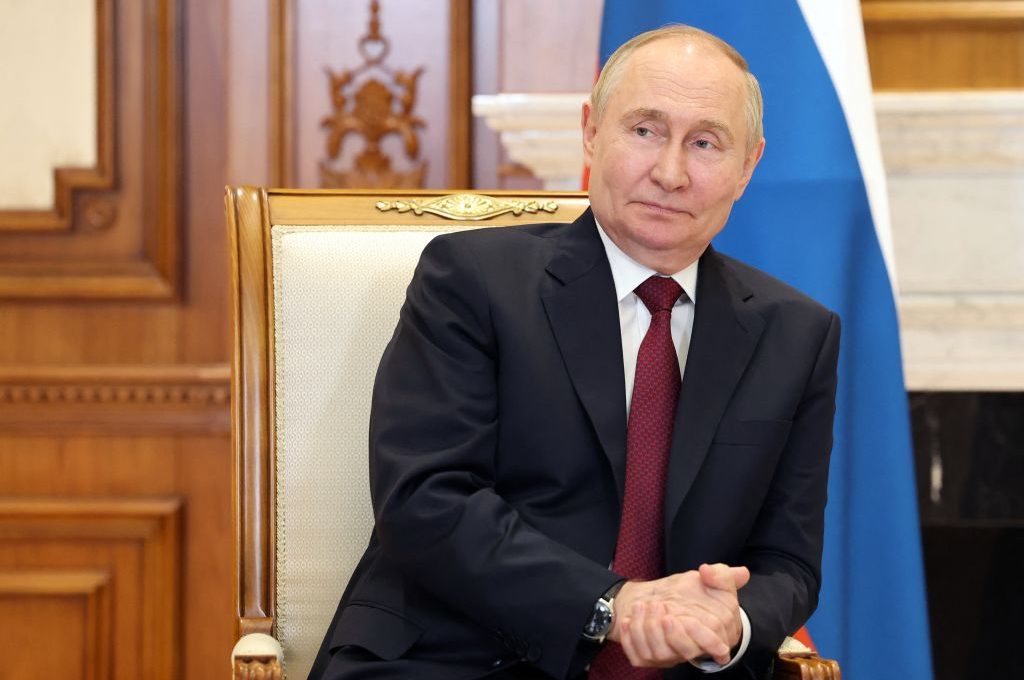While the Ukrainians are fighting a conventional war on their own territory, Russia and the West are engaged in an unconventional one fought by economic pressure, political subterfuge and dirty tricks. The apparent sabotage of the Nord Stream gas pipelines seems just the latest example.
Both of these lines linking Russia to Germany have sprung devastating leaks. The cause, according to seismological readings, was a series of explosions off the Danish island of Bornholm, too directed (and powerful enough to breach two inches of steel and a thick concrete mantle) and too synchronized to be any kind of an accident.
There are those in Russia who, predictably enough, are blaming the Ukrainians. Given that the Russians took their last working submarine in 2014, though, this is implausible even by their standards.
While some are instead seeing an American plot behind the leaks, the most credible answer for now is that the Russians dunnit. But why sabotage their own pipelines, especially when neither was at the time pumping energy to Europe?
The answer is likely to be as a warning. If you want to signal that, if pushed to escalation, you might regard foreign pipelines and other undersea assets as fair game — and the underwater cables that are the arteries of the global internet are the obvious concern here — then a safer option is to hit your own. Ursula von der Leyen has taken time out from explicitly threatening the Italians to implicitly threatening the Russians, warning that any deliberate disruption of European energy infrastructure would be met by the “strongest possible response.” But it is harder to seriously respond when the infrastructure isn’t yours, isn’t in use and isn’t likely to be used in the future.
After all, there are other pipelines Russian submarines or Naval Spetsnaz (special forces) operators could target, not least the new Baltic Pipe from Norway to Poland, a crucial element in Warsaw’s efforts to diversify its supplies. It can hardly be accidental that this took place just before Baltic Pipe was inaugurated.
The underwater internet cables that thread their way under the world’s seas and oceans are, as mentioned, another obvious target. It is all but impossible to “cut” the internet given the way data can be routed through alternate means. However, the disruption that could be created, even if temporary, would have substantial economic impacts — and potentially even greater political ones. We have become addicted to rapid and generous connectivity, from downloading movies to voice-calling family. Any interruptions would bring home to already sometimes-wobbly Western electorates the dangers of long-term hostilities with Russia far better than another Putin diatribe.
Of course, if the conflict escalates to that level, then other targets might come into play, too. In 2014, Russian GRU military intelligence officers planted explosives at an arms depot in Vrbetice in the Czech Republic, to foil a commercial deal to supply the Ukrainian armed forces. One of the dogs that hasn’t barked yet in this geopolitical night has been similar covert operations against the supply lines bringing Western weapons and ammunition to Ukraine, but this remains a possibility.
There is also much more scope for Russian cyberattacks on Western critical national infrastructure. This takes time to prepare — but Moscow has had seven months precisely to ready its online options.
Of course, none of this is certain. Nor is the West without its own deterrent arsenal, from cyberattacks to more direct covert mischief.
This article was originally published on The Spectator’s UK website.

























